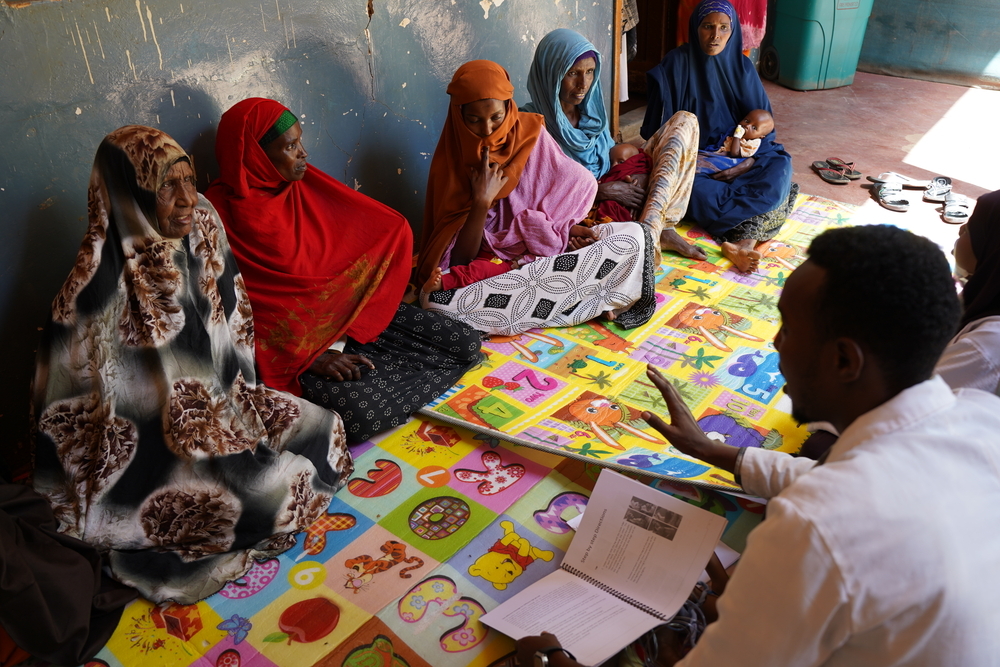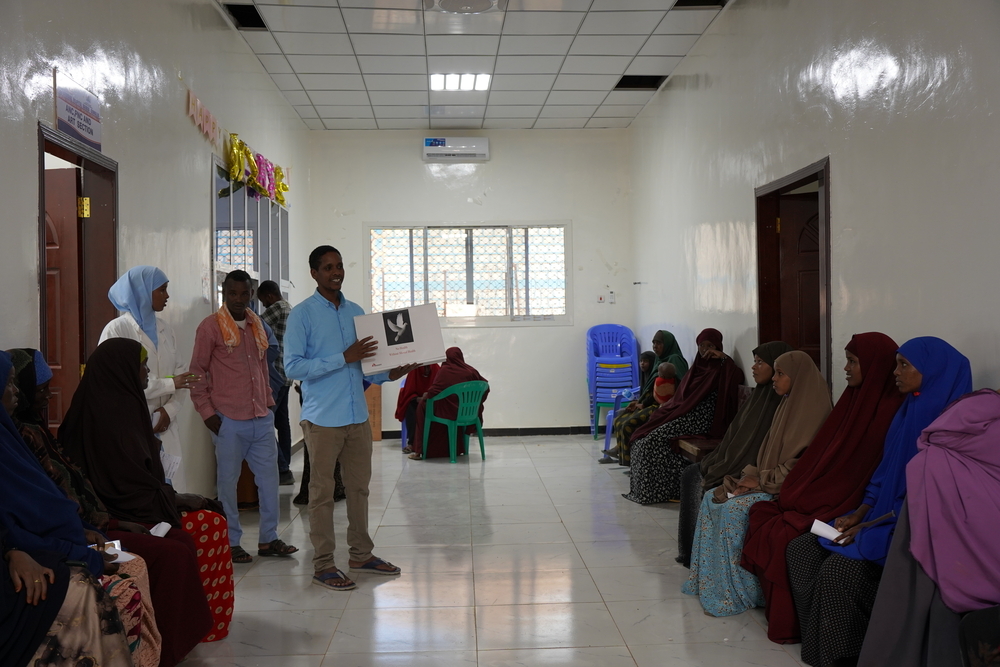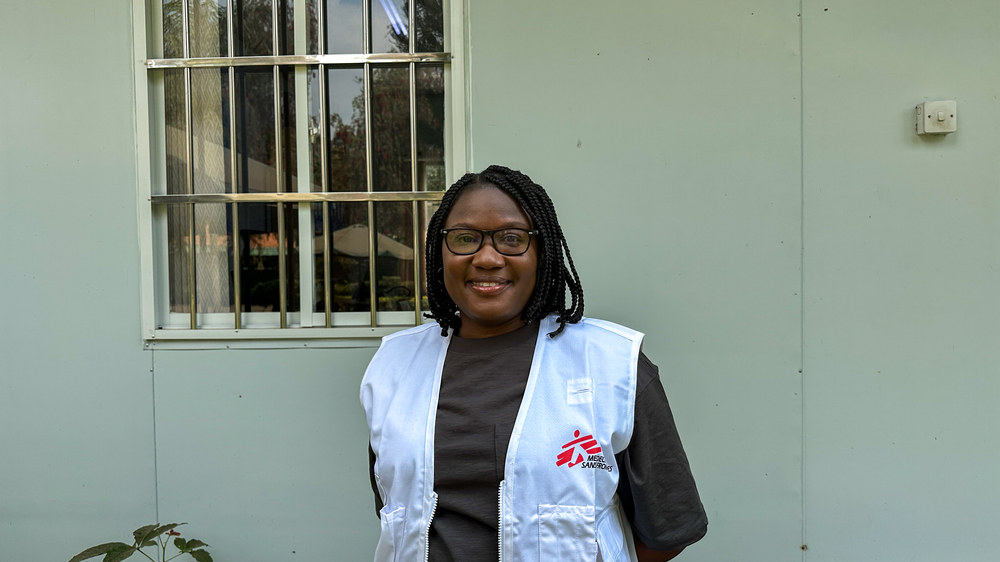By Retsat Dazang: Mental Health Activity Manager, MSF Somalia
The woman didn’t come to talk about her mind. She came because she hadn’t slept in weeks and her chest felt tight, “like a hand sitting here.” In our clinics across Somalia, this is the first sentence we hear most often, not “I need mental health care,” but “I can’t sleep.” We start there, because sleep is easier to name than loss.
What we are seeing is a quiet shift. More people are asking for help. In the first half of 2024, our teams in MSF supported facilities held 3,158 individual and family mental health consultations. In the first half of 2025, that rose to 4,352, about 38 percent more. The difference is visible in the waiting area. Benches are fuller, one extra session happens before lunch, and, on good days, someone returns to say, “I slept.”
Many people describe poor sleep, constant worry, fear, low mood, and losing interest in daily life. Often, they arrive with physical complaints such as headaches, tightness in the chest, or stomach pain, but the cause is often prolonged stress, repeated displacement, and uncertainty. This is why we integrate mental health into primary care. A person can ask for help in the same place they already trust for coughs, fevers, or wounds. It is quiet and without labels. Sessions are confidential and free of charge.

Here is my view from the bench outside my door. In Somalia, mental health care works when it is treated like everyday health care. It should be simple, close, and judgment-free. When support is integrated into primary care, people accept it. A first visit is detailed and practical. We teach grounding, naming what you can see, hear, and feel to calm the body. We practise deep breathing, relaxation exercise. We plan a small routine for sleep that fits crowded homes and displacement sites. Not everyone needs long therapy. Many improve with short, structured care and planned follow-up. When someone needs more specialised help, we refer and we stay connected.
Our records also show who is stepping forward. Among those with details recorded between January 2024 and June 2025, most were women, and most were adults. Fewer young people and very few children reached us. That does not mean men or adolescents are fine. It tells me stigma and access barriers are even higher for them. In practice, a neighbour saying “the door can be closed, and you will not be judged” is more powerful than any poster.
Why is the line still too long? Three reasons surface every day. There are very few specialists for severe conditions in a fragile health system. Distance and transport costs from camps to hospitals block access. Needs are large and resources are limited as some services shrink when funding dips. These are not new problems, but they are solvable if we treat mental health like a core service, not a luxury add-on.
What helps in the room is often small and practical. Grounding. Deep breathing, relaxation exercise. A realistic sleep routine. One doable task for today. Each step helps a person function, to work, to give care, to study, and to make decisions. This is not optional care. It is basic healthcare.

The Way Forward – three practical steps Somalia can take now:
- Fund what already works. Support integrated care in primary-care-based mental health programs with simple tools, trained staff, and supervision. Care closer to home is used more, earlier, and with less stigma.
- Close the access gap from camps to clinics. Community-based session days in large IDP sites can make an immediate difference. Bringing services closer is how people actually reach care.
On World Mental Health Day, I would like to mention mental health is everyday healthcare in Somalia. Treat it that way, fund it, staff it, and keep it close to where people already come for help, and the silent queue will move faster. We will keep the door open, start with sleep, and repair what we can, one session at a time.













